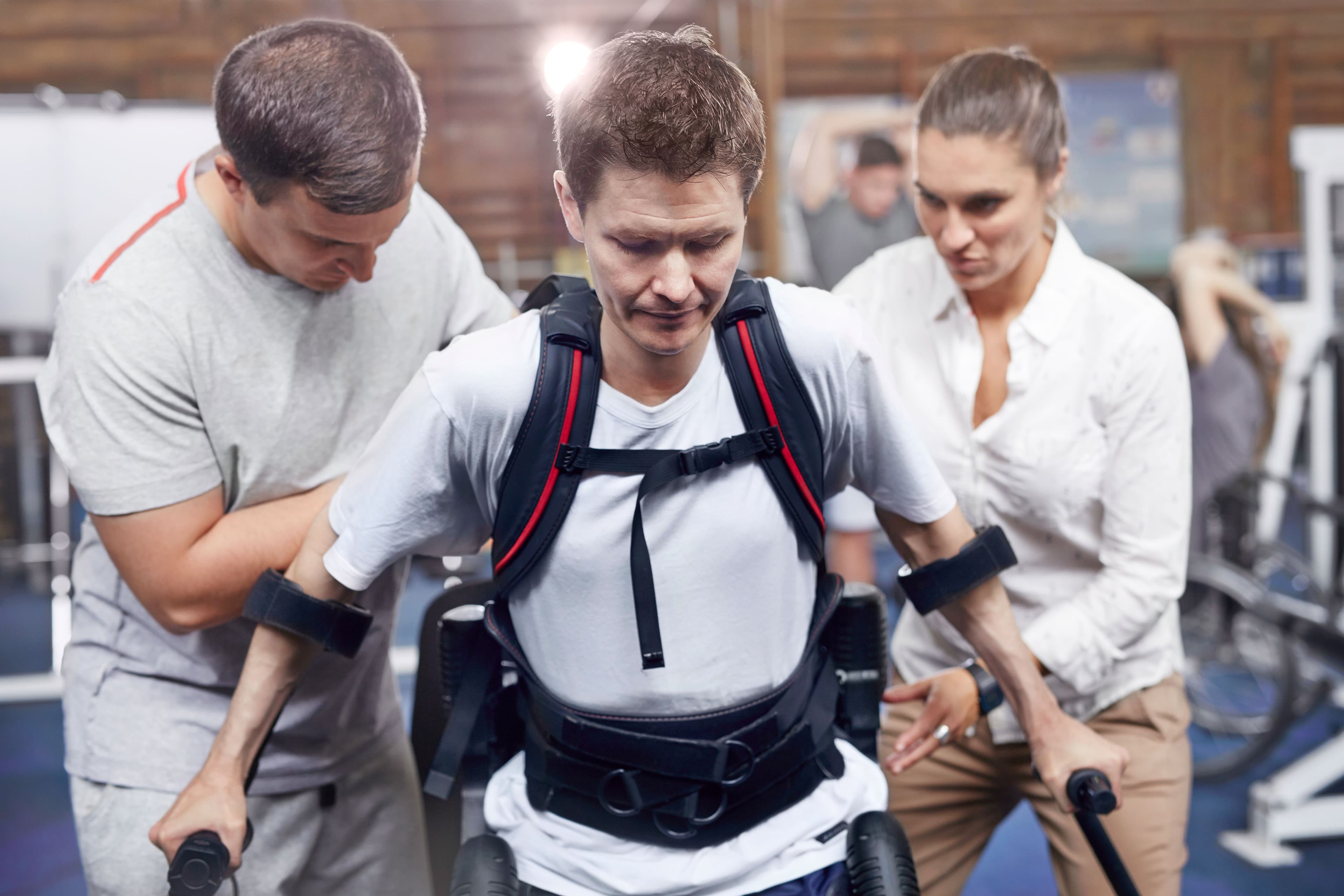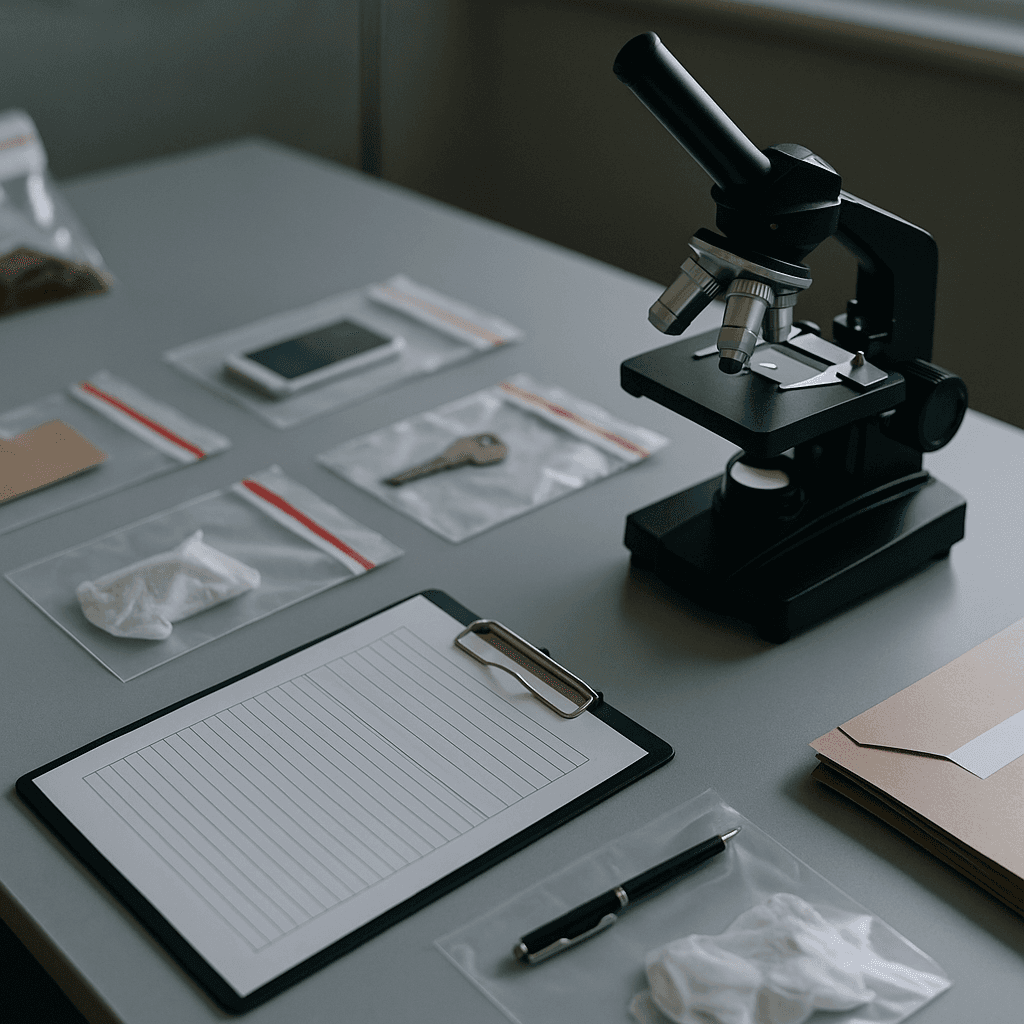
The Role of Attorneys in Building Strong Catastrophic Injury Cases

A catastrophic injury changes your life in an instant. Whether you were hurt in a car accident or suffered a complication in surgery, you are likely unable to do the things you once did. What’s more, you may be facing expensive medical bills, lost income, and long-term disability.
You might think securing compensation for such a severe and evident injury would be easy. However, with high dollar amounts at stake, insurance companies often try their hardest to limit payouts. You may be so desperate for financial support that you accept less than what is fair.
Those are just some of the reasons catastrophic injury cases require a skilled lawyer. This post discusses the importance of working with a catastrophic accident attorney to build a strong legal case and pursue maximum compensation.
The Meaning of Catastrophic Injury
There is no single universally accepted definition of “catastrophic injury.” Some definitions focus on injuries to the spine, spinal cord, or brain. Others extend the meaning to other permanent injuries, such as limb loss, severe burns, and organ damage.
A more general definition of a catastrophic injury is an injury that permanently interferes with a person’s ability to function as they did before the accident. Such injuries may prevent you from working, substantially reduce your quality of life, and cause lifelong (or long-term) disfigurement, impairment, or disability.
Examples include the following:
- Traumatic brain injuries (TBIs)
- Spinal injuries, including spinal fractures and spinal cord damage
- Accidental amputations
- Third-degree burns
- Internal injuries
- Multiple bone fractures
- Loss of a body part or function
The lasting effects of catastrophic injuries may include paralysis, cognitive impairment, chronic pain, severe scarring, and reduced mobility.
Contact our team today so we can fight to help you get the compensation you deserve.
Common Causes of Catastrophic Injuries
A wide range of incidents cause catastrophic injuries, including the following:
- Motor vehicle accidents, such as car crashes, truck accidents, motorcycle collisions, and accidents involving pedestrians or bicycles
- Medical malpractice, including surgical mistakes, birth injuries, and failures to diagnose medical conditions
- Workplace accidents, such as falls from heights or incidents involving heavy machinery
- Defective products, including medical devices, pharmaceuticals, equipment, vehicles, etc.
- Sports and recreational activities, such as diving, football, and snowmobiling
- Intentional violence, including child abuse, domestic violence, and assaults
Not all severe injuries qualify as catastrophic injury cases. To seek compensation for your losses, your injury typically must be due to someone else’s negligence. For example, if you suffered a head injury in an accident involving a drunk driver, you could pursue a claim against that driver’s insurer.
If you wonder whether your injury meets the definition of “catastrophic” or qualifies for a catastrophic injury claim, a local personal injury attorney can answer your questions.
Pursuing Catastrophic Injury Compensation
Catastrophic injury cases generally seek several types of compensation from the responsible party. Economic damages refer to reimbursement for the financial effects of your accident. Examples include medical expenses, long-term care, lost wages, property damage, and other out-of-pocket costs.
Non-economic damages are the less quantifiable consequences of your accident. These include pain and suffering, mental anguish, permanent disability, and loss of enjoyment of life. Although they may be extremely distressing, non-economic damages are harder to measure in dollars.
An experienced attorney can help you calculate and prove the value of your economic and non-economic damages.
Free Consultation 24/7, call (844) 343-9609
Gathering Evidence in Catastrophic Injury Cases
As with all legal claims, the key to strong catastrophic injury cases is evidence. Your lawyer will locate and analyze the following types of evidence to support your claim:
- Accident documentation: Police reports, photographs of the scene, surveillance footage, and eyewitness testimony help determine what happened and who was at fault.
- Medical records: Receipts, invoices, doctors’ reports, and other documentation can prove your injury and treatment costs.
- Financial documentation: Tax returns, pay stubs, and employment documents help demonstrate lost income from your injury.
- Professional testimony: Proving the facts of the case or the extent of your injury is not always easy with existing documentation alone. In some cases, your attorney will hire industry consultants — such as medical professionals, accident reconstructionists, and financial advisors — to strengthen your case.
Call (844) 343-9609
How a Catastrophic Injury Attorney Can Help You
Knowledgeable personal injury attorneys provide the following services in catastrophic injury cases:
1. Evaluating Your Claim
During your initial consultation, you will provide the basic details of your case. Your attorney will assess the strengths and weaknesses of your claim, explain your legal rights, and discuss your potential compensation options.
2. Investigating Your Claim
When you’re seriously injured, the last thing you want to do is track down medical records, police reports, and financial documents to prove your case. An attorney will take care of this for you. In addition, they have professional resources that make it easier to access certain types of evidence.
3. Assessing Liability and Damages
Attorneys analyze the evidence gathered to assess who was at fault for the accident and who may owe you compensation. They will also use special formulas and professional opinions to estimate the value of your economic and non-economic damages.
4. Negotiating With Insurance Companies
Insurance companies have attorneys working hard for them, and so should you. Your lawyer will represent your interests, protect your rights, and pursue adequate compensation for your losses. A pre-trial settlement allows both parties to avoid the expense and uncertainty of going to court.
5. Navigating the Legal System
Successful catastrophic injury cases require you to follow specific legal procedures, meet strict deadlines, and file exact paperwork. If your case doesn’t settle beforehand, an attorney will handle this and represent you at trial.
Contact a Catastrophic Injury Attorney Today
If you suffered a catastrophic injury, an experienced attorney can help you seek justice and pursue compensation. At Accident Hotline, we connect individuals with qualified personal injury attorneys across the country.
Whether you simply want more information about catastrophic injury cases or are ready to file a claim, our legal team can assist you. Contact Accident Hotline anytime, day or night, for a free consultation with an accident lawyer in your area.
For a free consultation, call (844) 343-9609
Blog Posts:

The Role of Expert Witnesses in Injury Litigation
Why Expert Witnesses Matter in Personal Injury Cases In personal injury litigation, facts alone are often not enough. While evidence like medical records, photographs, and witness statements paint part of the picture, juries and insurance companies frequently need context and explanation to understand the full scope of an injury and its impact. This is where expert witnesses play a pivotal role. Expert witnesses are professionals—often doctors, engineers, economists, or accident reconstruction specialists—who provide testimony based on their specialized knowledge. Their objective is not to advocate for one side but to clarify complex issues that require professional interpretation. In many cases, their opinions help bridge the gap between evidence and understanding, making them critical to achieving fair compensation.

How Insurance Companies Evaluate Injury Claims
How the Evaluation Process Really Works When you file a personal injury claim, the insurance company begins a process that is anything but simple. Behind every offer or denial, there's a calculated evaluation designed to protect their bottom line. Insurers use data-driven methods, past claim outcomes, and internal guidelines to assess how much—if anything—they believe your case is worth. The goal of the insurance adjuster is straightforward: to settle your claim for as little as possible while closing the file quickly. They'll review your medical records, accident details, and even statements you've made to determine liability and damages. The more organized and detailed your claim presentation, the harder it is for them to undervalue it.

The Dangers of Handling a Personal Injury Case Without Legal Help
Understanding What's at Stake After an accident, it's natural to want to resolve things quickly. Medical bills begin piling up, your work may be disrupted, and insurance adjusters often seem eager to "help." Many people believe they can handle their personal injury claim on their own—especially if the situation seems straightforward. But personal injury law is complex, and even minor missteps can lead to significant financial loss. Without professional guidance, you may underestimate your claim's value, miss critical deadlines, or make statements that insurers later use against you. The legal process is designed to protect both sides, and insurance companies have experienced professionals working to limit payouts. Without an equally skilled advocate on your side, you're at a clear disadvantage. That's why consulting a personal injury lawyer early in the process is often the difference between fair compensation and a costly mistake.

When Should You Switch to a Different Injury Lawyer?
Knowing When It's Time for a Change Choosing the right attorney after an accident is one of the most important decisions you'll make in your recovery journey. However, not every lawyer-client relationship is a perfect fit. Sometimes, despite your best efforts, you may realize that your current representation isn't meeting your expectations. Whether it's poor communication, lack of progress, or a sense that your case isn't being handled effectively, recognizing when to switch attorneys can make all the difference in the outcome of your claim. Switching to a new personal injury lawyer doesn't mean starting over from scratch—it means taking control of your case and ensuring it receives the attention and effort it deserves. Understanding what to expect from your legal representation can help you identify the warning signs that it might be time for a change.
Get an agent on the line in seconds
Responsive
Legal Assistance
Our personal injury attorneys advocate for the funds necessary to cover bills, secure medical treatment, recoup lost wages, and provide compensation for your pain and suffering.
Are you facing unfair treatment from the insurance company?
Do you know the value of your case?
Is the insurance company asserting that the accident is your responsibility?

We'll get back to you ASAP.
Get Your Free Consultation
You Pay Nothing Unless We Recover Compensation For You
